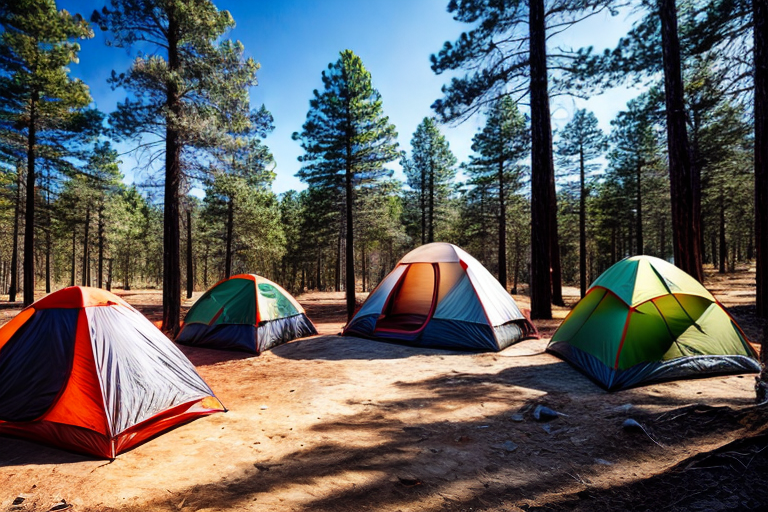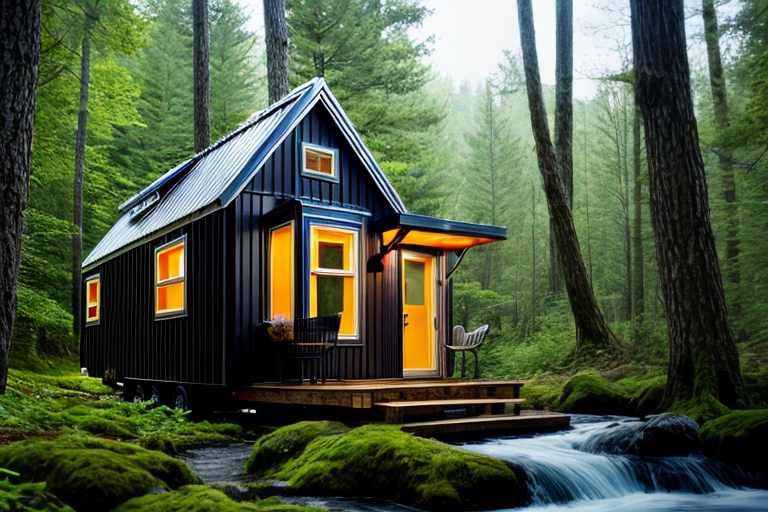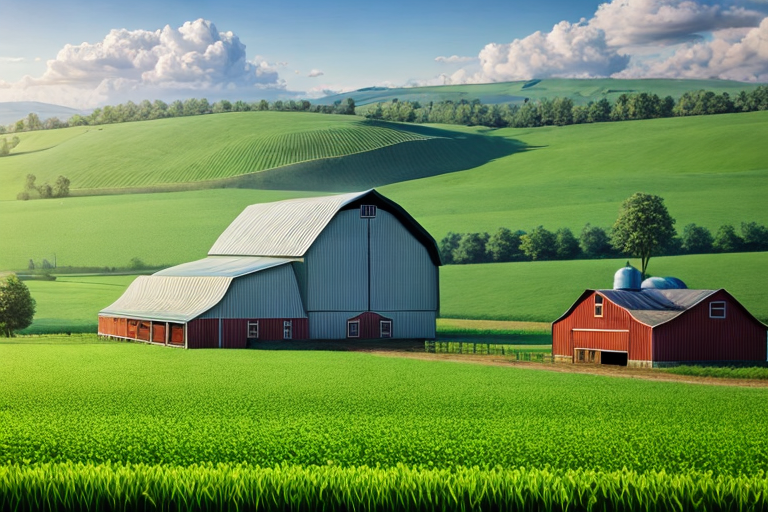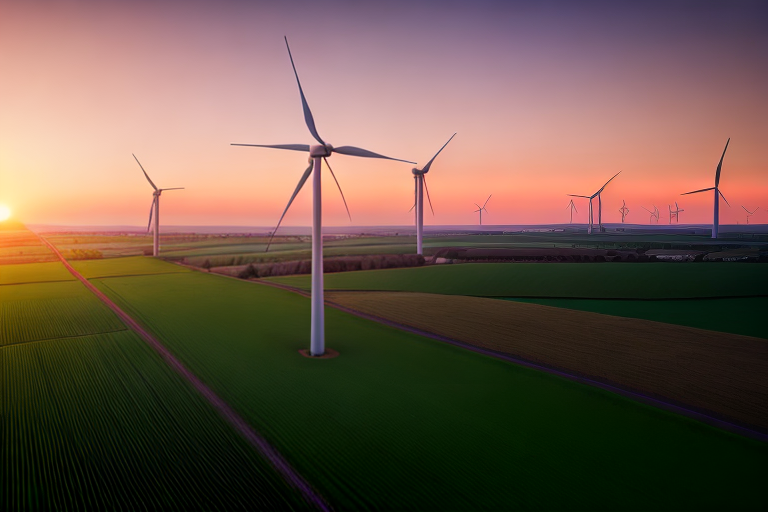
Off-grid cooking can be a challenging task that requires resourcefulness and efficiency. When it comes to cooking off the grid, speed and efficiency become even more crucial.
In order to make the cooking process faster and more efficient, there are several key points to consider.
Firstly, having the right equipment is essential.
Investing in a high-quality off-grid stove or cooker can significantly speed up the cooking process. Look for stoves that are designed specifically for off-grid use and have features like quick ignition and adjustable heat settings.
These options provide a reliable source of heat while offering the flexibility to control the cooking temperature.
Another important aspect is meal planning.
Planning your meals in advance and prepping ingredients can save a lot of time.
By organizing your ingredients and having everything ready to go, you can streamline the cooking process and avoid unnecessary delays.
This also allows you to make the most of your off-grid cooking time and ensures that you have all the necessary ingredients on hand. Using alternative cooking methods such as campfire cooking or solar cooking can promote self-sufficient cooking and sustainable heating.
Click here to learn more Survival Tips from Pro Outdoor Survival
Best off grid cooking techniques
When it comes to sustainable cooking off the grid, there are various techniques to ensure a satisfying culinary experience. From survival cooking to energy-efficient heating, there are numerous options to consider.
One popular method is natural fuel cooking, which involves using renewable resources like wood as a cooking fuel.
This not only provides a traditional cooking experience but also helps minimize your environmental impact.
Another eco-friendly option is utilizing portable cooking devices such as propane or butane stoves. These compact and convenient devices allow for efficient cooking on the go.
For a more rustic approach, consider wood-burning stove cooking, which not only provides an energy-saving heating source but also imparts a smoky flavor to your dishes. If you prefer a high-tech solution, solar-powered heating is a great choice.
By harnessing the power of the sun, you can cook without relying on traditional energy sources.

Wood stove heating in off grid living
Wood stove heating in off-grid living provides a reliable alternative to traditional heating methods in remote areas. Businesses and brands can benefit from this eco-friendly and cost-effective solution.
Unlike propane or biomass-powered heating, wood stoves utilize a natural and renewable fuel source.
They not only offer warmth and comfort but also serve as a practical solution for cooking.
With wood-fueled cooking, off-grid dwellers can prepare meals without the need for separate cooking appliances. Wood stove heating serves as an emergency option during harsh weather conditions, ensuring survival for those living off the grid.
The energy-efficient and sustainable nature of wood stoves perfectly align with the principles of off-grid living.
Benefits of Wood Stove Heating in Off-Grid Living
- Reliable alternative to traditional heating methods in remote areas
- Eco-friendly and cost-effective solution for businesses and brands
- Utilizes a natural and renewable fuel source
- Practical solution for cooking without the need for separate appliances
- Serves as an emergency option during harsh weather conditions
- Energy-efficient and sustainable, aligning with the principles of off-grid living
Exploring the benefits of solar cooking
Climate change. Solar cooking promotes sustainable cooking practices by utilizing a clean and abundant energy source.
By harnessing the power of the sun, individual’s can minimize their impact on the environment while still enjoying delicious and nutritious meals.
Solar cooking also offers convenience and versatility.
Whether its baking, boiling, or roasting, solar cookers can handle a variety of cooking tasks with ease. With adjustable temperature settings and cooking times, individual’s can prepare their meals to perfection without the need for constant monitoring.
This allows for more time to engage in other activities or attend to other household tasks.
Solar cooking is a game-changer in the world of cooking.
With its ability to operate off the grid and contribute to sustainable cooking practices, it offers numerous benefits for individual’s living in remote areas or during power outages. By harnessing the power of the sun, individual’s can prepare eco-friendly cooking using solar energy heating.
Propane vs biomass heating efficiency
When it comes to choosing between propane and biomass for heating efficiency, there are several factors to consider. One important aspect is the availability and convenience of the fuel source.
Propane is known for its easy storage and accessibility, making it a popular choice for off-grid living.
On the other hand, biomass heating offers a renewable fuel option, utilizing organic materials such as wood pellets or agricultural waste.
This makes it a sustainable alternative for those who prioritize eco-friendliness. Biomass heating can provide a cost-effective solution, as it relies on natural heating sources and can be used for traditional food preparation or even emergency preparedness cooking.
To make the right decision, its essential to weigh the trade-offs between convenience and sustainability, as well as consider long-term energy goals and the complexity of the heating system.
| Factor | Propane | Biomass |
|---|---|---|
| Availability and Convenience | Known for easy storage and accessibility | Utilizes organic materials for renewable fuel option |
| Eco-friendliness | Not as sustainable as biomass | A sustainable alternative prioritizing eco-friendliness |
| Cost-effectiveness | Relies on natural heating sources | Can be used for traditional food preparation or emergency preparedness cooking |
Outdoor cooking essentials for off grid enthusiasts
An off grid heating option, consider investing in a wood-burning stove. Wood-burning stoves are not only environmentally friendly, but they also provide a sustainable way to heat your cooking area.
With the right stove, you can cook your meals and stay warm in the great outdoors.
Sustainable cooking in an off grid lifestyle
When it comes to sustainable cooking in an off-grid lifestyle, one of the key considerations is the choice of fuel. Conventional cooking methods often rely on fossil fuels such as gas or electricity, which not only contribute to environmental degradation but can also be costly.
In an off-grid lifestyle, alternative fuel sources such as wood, solar power, or biogas can be utilized to minimize the carbon footprint and promote sustainability.
Investing in energy-efficient appliances, such as solar-powered ovens or wood-burning stoves, can further maximize the use of limited resources.
By adopting these eco-friendly heating options, off-grid adventurers can enjoy portable heating solutions and eco-conscious cooking methods while minimizing their impact on the environment.
Sustainable Cooking in Off-Grid Lifestyle
- Using fossil fuels like gas or electricity for cooking contributes to environmental degradation and can be costly.
- Alternative fuel sources such as wood, solar power, or biogas can minimize the carbon footprint and promote sustainability in off-grid cooking.
- Investing in energy-efficient appliances like solar-powered ovens or wood-burning stoves maximizes the use of limited resources and supports eco-conscious cooking methods.
- By adopting eco-friendly heating options, off-grid adventurers can enjoy portable heating solutions while minimizing their impact on the environment.
The role of renewable energy in off grid heating
Renewable energy is essential for off-grid heating as it provides sustainable and eco-friendly options. By utilizing solar power, wind energy, or biomass, off-grid households can power their heating systems without relying on fossil fuels.
One major advantage is the reduction of carbon emissions associated with traditional heating methods.
Transitioning to renewable energy sources helps to decrease carbon footprints and contribute to a cleaner environment.
Renewable energy offers a reliable and cost-effective alternative for off-grid heating. Technological advancements have enhanced the efficiency and affordability of these systems.
They can be combined with energy storage solutions to ensure a continuous supply of heat, fostering energy independence and resilience in emergency situations.
Emergency cooking solutions for off grid living
Emergency cooking solutions for off-grid living are crucial for any business or brand. Whether you are camping in the wilderness or experiencing a power outage, it is essential to be able to cook your meals without relying on traditional methods.
One unique aspect of sustainable cooking for off-grid living is the emphasis on eco-friendly options that minimize their impact on the environment.
This can be achieved by using renewable energy sources such as solar power or biomass for cooking and heating.
Efficiency is key when it comes to cooking off the grid. It is important to find appliances or devices that can cook food quickly and effectively without using excessive amounts of fuel or energy.
For example, portable stoves, solar ovens, or rocket stoves that utilize wood or other biomass materials are excellent options.
Versatility is another crucial factor to consider for off-grid cooking.
Having a cooking solution that can handle a variety of cooking methods is vital in a survival situation or when living off the grid. These cooking solutions provide the flexibility to cook different types of food using renewable power cooking techniques.
Sanitation Off Grid Hygiene Tips
Livestock Achieve Self Sufficiency








